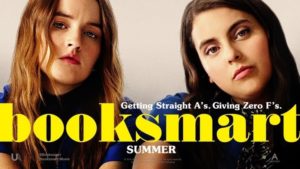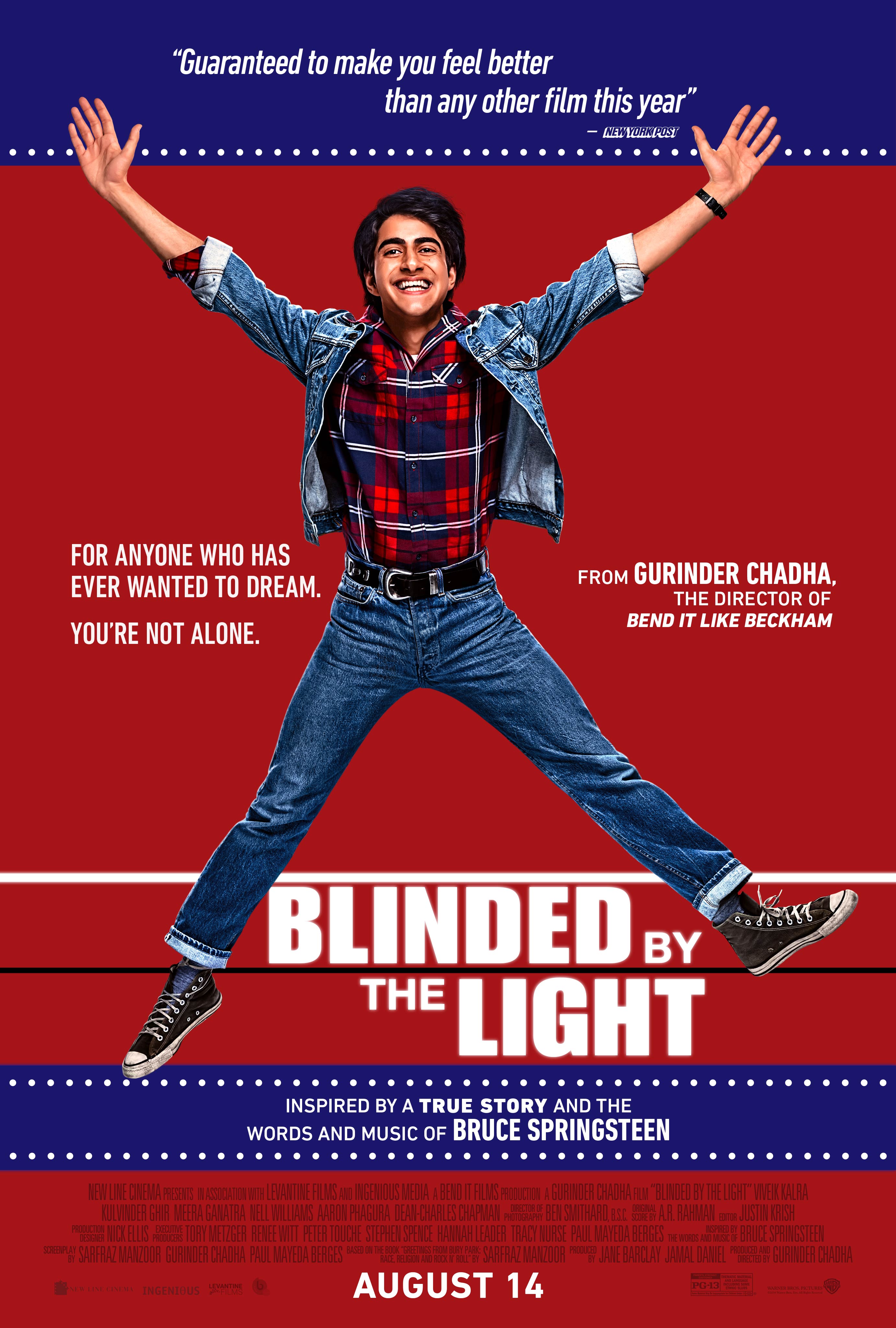A top movie at the box office and a top limited series on Netflix, both based on true stories about women, have something else in common. Both were also made by women, with female writers, producers, and directors.
The Washington Post’s Sonia Rao writes about “Hustlers,” based on the story of a group of strippers who drugged and stole from Wall Street financiers:
None of this is to say that a male director couldn’t have achieved something similar, but it’s worth noting that Scafaria and other female producers had to fight to keep their vision for the film intact. Producer Elaine Goldsmith-Thomas told New York magazine that while some male studio executives were fine with how men treated women in, say, “The Wolf of Wall Street” — directed by Martin Scorsese, who passed on “Hustlers” — they were “a little uncomfortable” with a flipped premise.
For Vulture, my friend and fellow critic Jen Chaney writes that the limited series, written by Susannah Grant, Michael Chabon, andAyelet Waldman and directed by Grant, Jill Soloway, and Michael Dinner, “Unbelievable” on Netflix is the “most feminist crime show I’ve ever seen.”
Contrasting moments like distinguish Unbelievable as the most feminist crime show in recent memory, but one that is not feminist in the typical, “look at women being badasses” way that Hollywood often does feminism. As created by Susannah Grant, this series, which is ostensibly about the attempt to track down a serial rapist after his initial victim is deemed unreliable, is really about how women move through the world, not only as victims or detectives but as employees and bosses, mothers and partners, colleagues and friends. It’s a show about what happens when women use their voices, and how challenging it can be to figure out how to speak up and when.
The fact that Unbelievable is all of these things while still working within the traditional structure of the detective genre makes it quite remarkable.
Rao concludes:
If its opening weekend is any indication, “Hustlers” might become the latest female-led film to soar at the box office. That wouldn’t make it an exception to any rule — a study released in December by Creative Arts Agency and tech company Shift7 found that, between January 2014 and December 2017, female-led movies actually outperformed their male-led counterparts worldwide.



